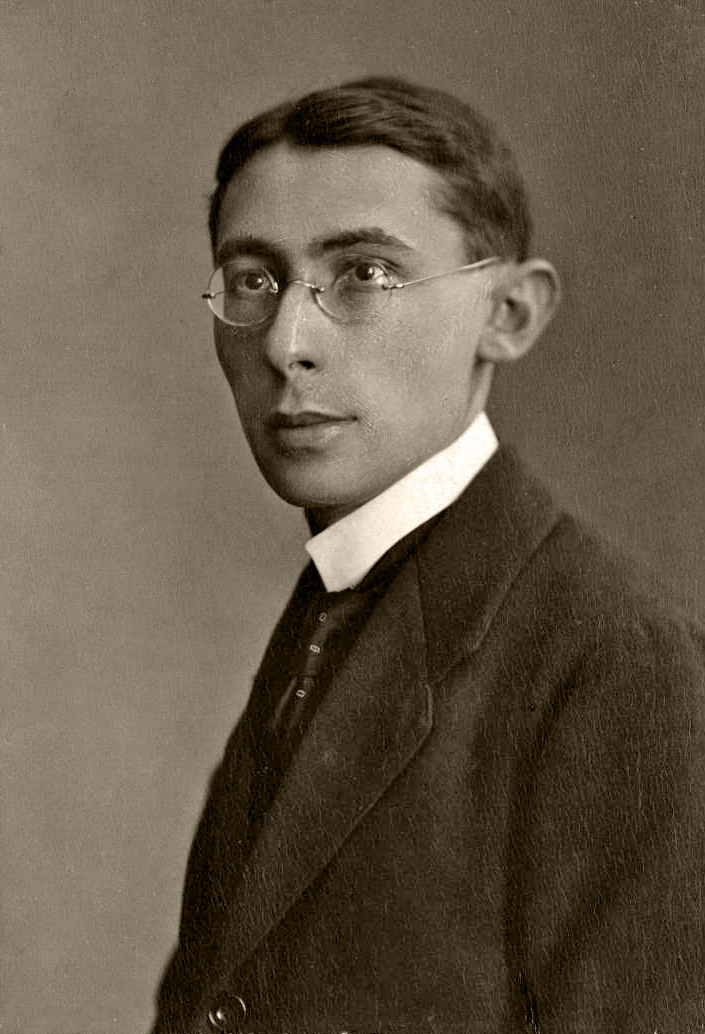Gál, Hans
In 1890 Hans Gál was born at the small settlement of Brunn am Gebirge, just outside Vienna. He left us a respectable quantity of compositions: four symphonies, four string quartets, concerti for violin, cello and piano, two large-scale cantatas with orchestra, and four operas. Also twenty-four preludes and fugues for piano.
Wikipaedia provides an extensive description of his life and work here:
and performances of almost all his major works are available to general listeners at Youtube.
In 1928 he was appointed director of the Mainz Conservatory. But by 1933 the growng beastliness of the Germans drove him back to Austria. Then after a further five years, life in Austria became just as beastly when it joined the Greater German empire. So in 1938 Gál fled again, this time to Britain, where he settled in Edinburgh. He remained there for the rest of his long life, and for many years "played an active part in the musical life of the city, not only as lecturer, but also as conductor, pianist and founder-member of the Edinburgh International Festival."
He was awarded the O.B.E. in 1964, but not knighted.
The B.B.C., we are told, "shifted its programming policy from the 1960s onward so as explicitly to favour music from the avant-garde or twelve-tone schools". That may partly account for his latter-day neglect, but to be fair to the B.B.C., his music is not very grand or moving, and his harmony not very advanced.
Here for example is his piano concerto opus 57 from 1948:
It begins well, but seems, does it not, to run out of steam after a few pages, as though the composer were searching for a purpose.
In 1890 Hans Gál was born at the small settlement of Brunn am Gebirge, just outside Vienna. He left us a respectable quantity of compositions: four symphonies, four string quartets, concerti for violin, cello and piano, two large-scale cantatas with orchestra, and four operas. Also twenty-four preludes and fugues for piano.
Wikipaedia provides an extensive description of his life and work here:
and performances of almost all his major works are available to general listeners at Youtube.
In 1928 he was appointed director of the Mainz Conservatory. But by 1933 the growng beastliness of the Germans drove him back to Austria. Then after a further five years, life in Austria became just as beastly when it joined the Greater German empire. So in 1938 Gál fled again, this time to Britain, where he settled in Edinburgh. He remained there for the rest of his long life, and for many years "played an active part in the musical life of the city, not only as lecturer, but also as conductor, pianist and founder-member of the Edinburgh International Festival."
He was awarded the O.B.E. in 1964, but not knighted.
The B.B.C., we are told, "shifted its programming policy from the 1960s onward so as explicitly to favour music from the avant-garde or twelve-tone schools". That may partly account for his latter-day neglect, but to be fair to the B.B.C., his music is not very grand or moving, and his harmony not very advanced.
Here for example is his piano concerto opus 57 from 1948:
It begins well, but seems, does it not, to run out of steam after a few pages, as though the composer were searching for a purpose.


Comment